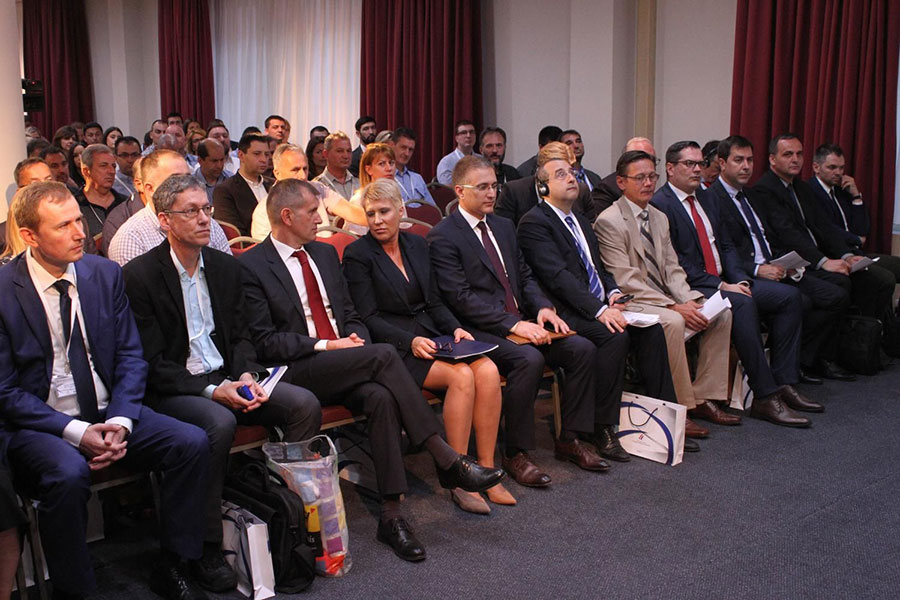According to data presented at the opening of an international conference on traffic safety, in 2016, 128 people died whereas 3,200 persons were injured on Serbian roads due to driving under the influence of alcohol. These figures serve as a stark warning that, apart from imposing repressive measures, it is necessary to raise awareness of traffic safety among drivers.
Serbian Minister of Interior Nebojsa Stefanovic said that in 2016, which was marked with increased traffic control, traffic police registered 52,000 drivers sitting behind the wheel under the influence of alcohol.
Blood alcohol concentration in nearly half of them was between 0.5 and 1.2. Also, men were responsible for over 50 per cent out of 4,200 traffic accidents caused by driving under the influence of alcohol, Stefanovic said.
According to him, the data points not only to importance of making legislation changes and imposing stricter repressive measures and penal policy, but also to the need of raising awareness of driving under the influence of alcohol among all categories of population, starting as early as elementary school.
Stefanovic announced that over the course of next month, the Government would adopt a draft law on traffic safety, stipulating stricter penal policy, and then submit it to the Parliament for consideration.
By the end of 2017, the Ministry of Interior will have increased the number of unmarked police cars in order to show that “Serbia is not a racecourse but a place where one must stick to rules when driving,” Stefanovic said and announced that traffic police would be exerting tighter controls.
Representative of the EU Delegation to Serbia Richard Maša said that, according to the last year’s report, the number of traffic accidents in Serbia declined, but nevertheless remained large, adding that “the traffic safety in Serbia was a cause for alarm.”
It is therefore necessary to increase capacity of inspection and other services in the area of traffic safety. This is why the EU has allocated money for the project aimed at harmonisation of laws and regulations with European standards, Maša said.
Executive Director of the European Transport Safety Council Antonio Avenoso said that alcohol interlocks were the latest tool for prevention of drunk-driving.
The participants in the conference had a chance to see the effects of these breathalyser locks which have already found their application in some closed transportation systems in Serbia, e.g. in Petroleum Industry of Serbia. Interlocks are designed to disable a car in case the driver is under the influence of alcohol.
It was suggested that these systems could be particularly useful in buss traffic.




